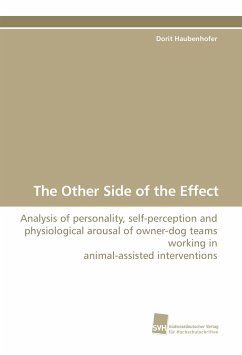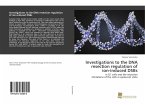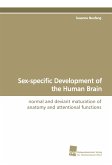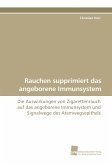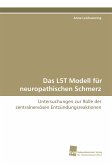More and more scientific studies underline that animals can have various positive effects on humans. Animal-assisted interventions (AAI) are one option to bring these benefits to a broad range of clients. But how do those humans and animals that provide these types of interventions characterize and perceive themselves and the work they do? Are there any side effects on their health and well-being caused by negative arousal due to their voluntary work? These are the main questions this study examines. It combines a set of scientific methodologies, both qualitative and quantitative, and applies them to two different species, humans and dogs. A longitudinal follow up study design was chosen to create a scientific mirror of dog owners and their dogs, who work together as teams in AAI in and around Vienna, Austria. The description of the personality of both dogs and owners, their perceptions about life and AAI- work, and their levels of physiological arousal (i.e. "stress") are investigated. In its practical application this study can improve the working conditions of owner- dog teams providing animal-assisted interventions.
Bitte wählen Sie Ihr Anliegen aus.
Rechnungen
Retourenschein anfordern
Bestellstatus
Storno

